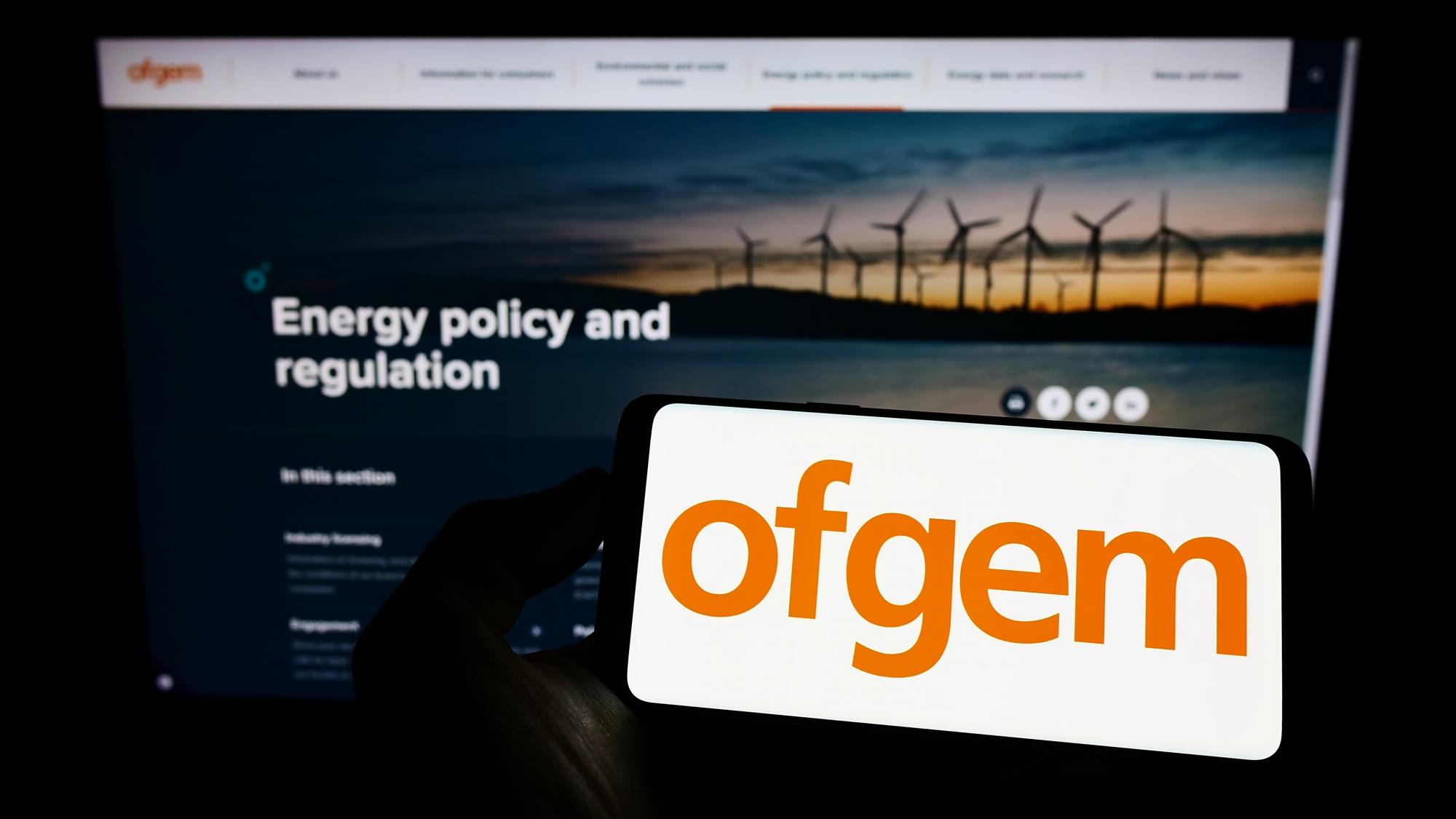Test- FTSE 100 Kicks Off August on a High as BP and Senior Lead Market Momentum
$11
10 Oct 2025, 13:13

Image credit: T. Schneider

Britain’s energy watchdog Ofgem has proposed price controls for electricity distribution network companies for the next five years, aiming to drive investment in homegrown supplies and deliver cheaper power without increasing consumer bills.
Ofgem interim director for the Infrastructure and Security of Supply Group, Akshay Kaul, said in a statement that the plan would help to ensure Britain "is no longer at the mercy of international energy prices or geopolitical events". Energy disruption and higher prices are attributed to major gas and oil exporter Russia’s ongoing invasion of Ukraine.
The plans:
Run from April 1, 2023 to 2028.
Are titled RIIO-ED2 (Revenue = Incentives + Innovation + Outputs for electricity distribution).
Require six electricity distribution network companies to focus investment towards "more homegrown, cleaner, cheaper, and secure sources of energy".
Are subject to statutory consultation.
Are expected to increase the use of renewables, including wind and solar energy, backed up by expanded nuclear and hydrogen-generated energy.
Would recover the cost of the work through the network charges on consumer bills and by limiting network profits and increasing efficiencies.
Affect network operators: UK Power Networks, Northern Power Grid, SP Energy Networks, SSE Power Distribution and Electricity North West and National Grid Electricity Distribution.
Aim to keep consumer network charges at an average of £100 per year per customer.
Ofgem also said that companies will have to invest larger proportions of profits and slash operating costs in order to make the grids ready for the added demand expected as more homes and businesses opt for electric farms and electric heating, as well as more wind farms connecting to the grid. The changes coming into effect in April next year mean companies can invest £22.2bn of customer money in the network, £3bn less than requested by the firms. The increase requested by firms would have in turn increased annual bills for consumers. The new rules do still allow spending to reach 6% higher than Ofgem’s draft decision in June. The cost of equity - the return that networks are allowed to make on their investments – has also increased from the draft proposal level of 4.75% to 5.23%. SSEN Distribution, part of SSE, said that Ofgem has allowed it 3.59 billion pounds of baseline total expenditure for the five-year period.
The controls allow Ofgem greater flexibility in altering restrictions during the five year period of 2023 - 2028. Akshay Kaul said that Ofgem has “carefully considered all the work that will be required and set the budget for the networks accordingly, driving the increase in capacity needed for net zero as well as delivering more reliable and resilient networks, at no extra cost to consumers.”
Backlash
Earlier this month, The Guardian revealed that Sharon Graham, general secretary of Unite (the country’s biggest trade union), wrote to Ofgem to ask it to clamp down on “excessive” profits generated by regional electricity distribution network operators, which raked in £15.8bn in profits last year and have paid out £3.6bn in dividends between 2017 and 2021.
In a letter to the energy watchdog, Graham said the six major operators have “been holding the public to ransom for too much and for too long” and also called for a recent consultation on the amount they could charge energy suppliers, and ultimately consumers, to be reopened. Ofgem shunned the calls from Unite and the Labour MP Darren Jones, the chair of the business, energy and industrial strategy committee, to reopen the consultation.
On Wednesday in response to Ofgem’s announcement, Graham said, “Unite will now escalate our campaign by taking this issue to MPs in the worst-hit areas so they cannot ignore how energy profiteers hurt their constituents or the strength of public feeling to rein them in.” Head of energy policy for Citizens Advice, Gillian Cooper, said, “Networks have been allowed to make excessive profits for far too long. In the middle of a cost of living crisis, Ofgem is right to challenge them to operate as efficiently as possible – which will help lower people’s bills.” Cooper added that Ofgem’s announcement “shows some progress in getting better value for money for consumers. However, network profits will still be too high and targets too easy. We believe Ofgem could have gone further and cut at least £1.5bn more off people’s bills.”
The National Grid has said that they will “review in detail the full package contained within the final determination to see whether it incentivises sufficient investment to ensure safe, secure and reliable supply of electricity alongside the need to help transition to a low-carbon domestic energy system, at the lowest cost to customers.” National Grid and SSE shares rose this morning.
Share prices currently stand at:
National Grid PLC: 1,011.19 GBX, +2.69 (0.27%)
SSE PLC: 1,712.50 GBX, +36.50 (2.18%)
Drax: 599.50 GBX, + 9.50 (1.61%)
Iberdrola (owner of Scottish Power): 10.5325 EUR, -0.06 (0.57%)